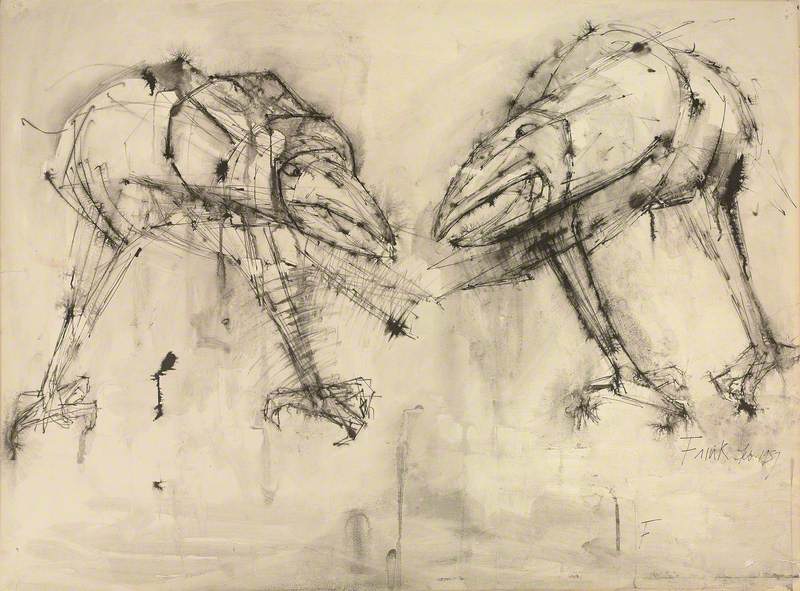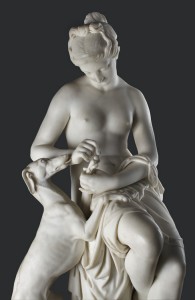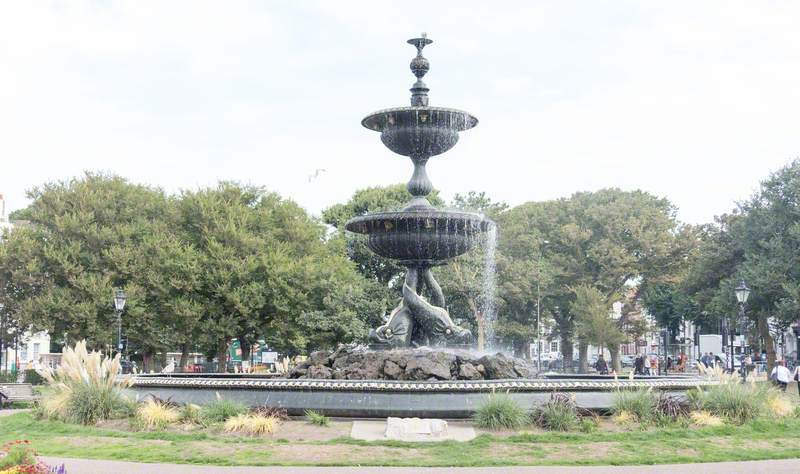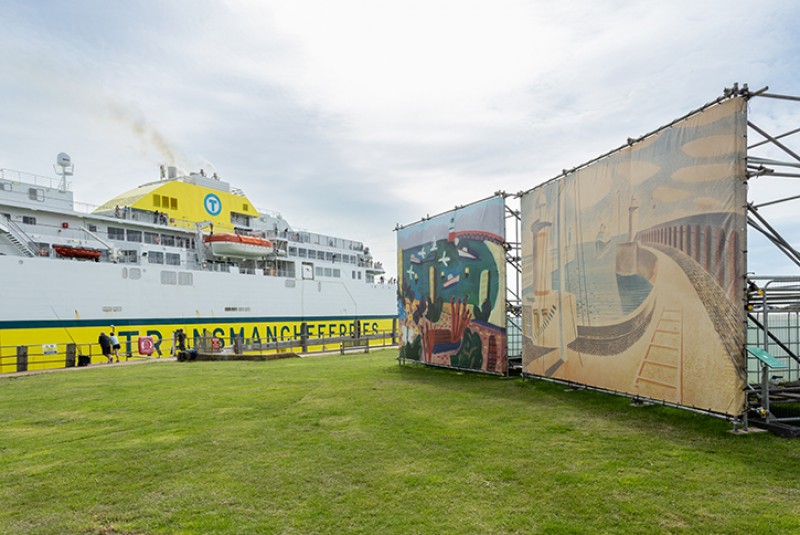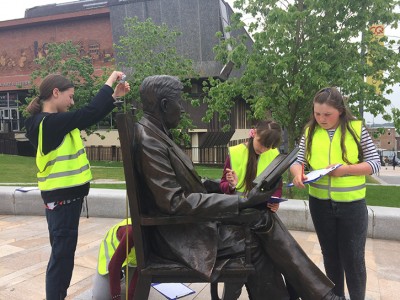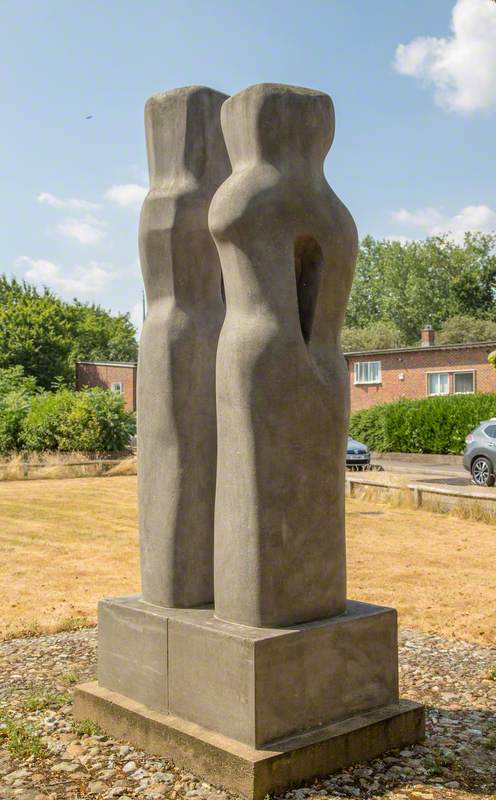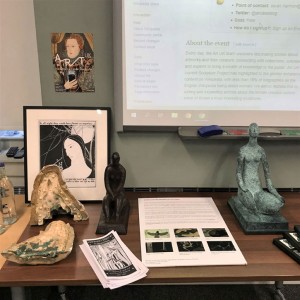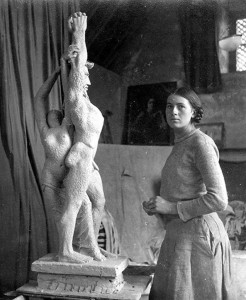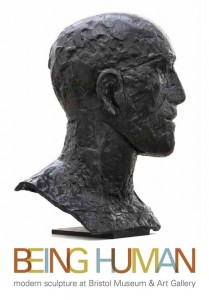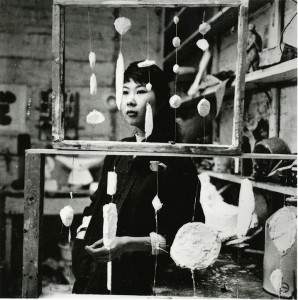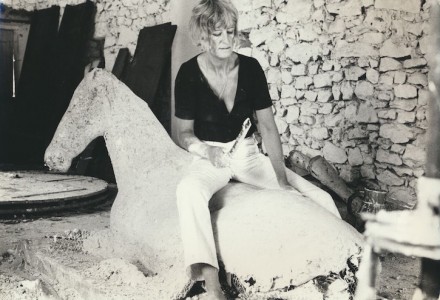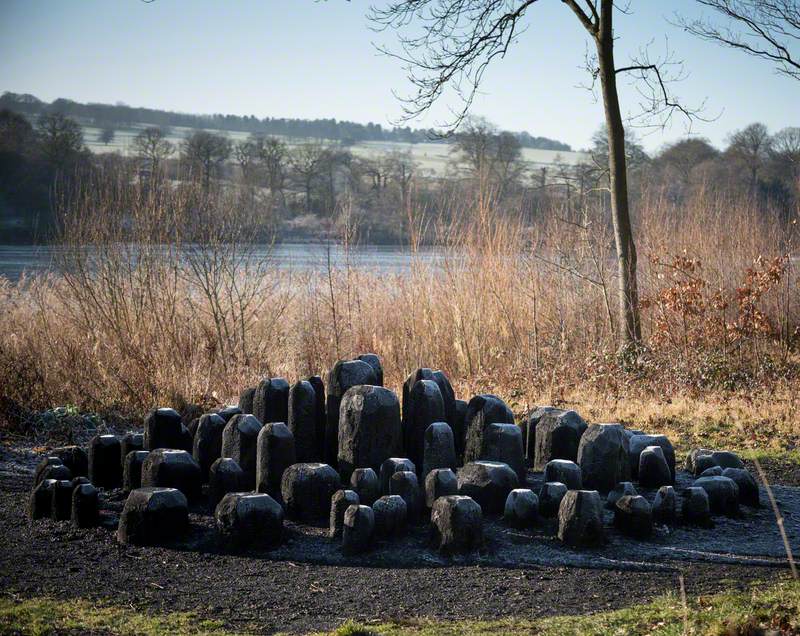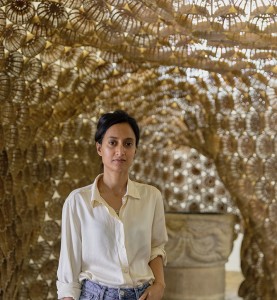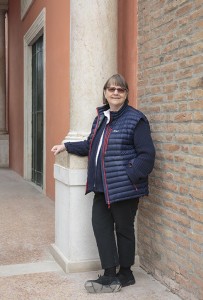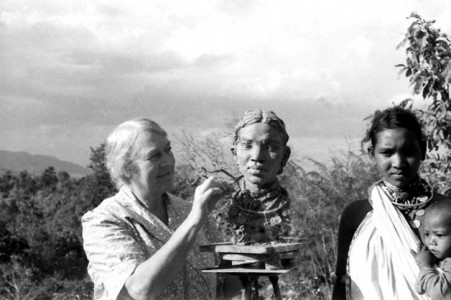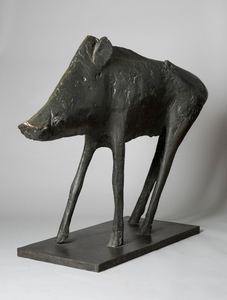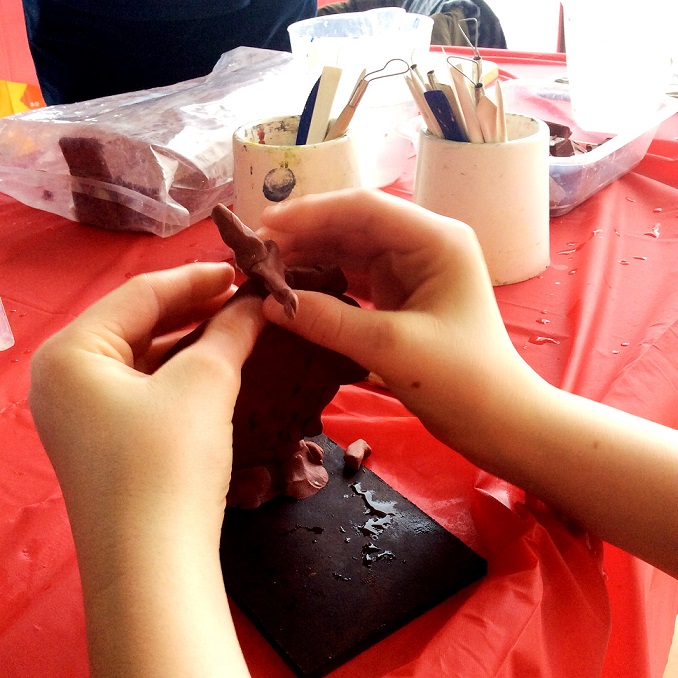
As part of our forthcoming sculpture project, Art UK will be looking at ways to use sculpture as part of fun, informative learning activities for young people. It’s always great to hear from organisations that are already working with sculpture as part of their education programme, as their work can help inspire out future plans.
One of Art UK’s Founder Partners, the Royal Air Force Museum at Cosford, Shropshire, is embarking on an arts-led project, with some help from a group of local school children, inspired by the work of British sculptor Dame Elisabeth Frink. For the duration of the project, two Elisabeth Frink sculptures from the museum’s collection will be displayed together at Cosford for the very first time and will inspire youngsters to create their own masterpiece.
The team at the RAF Museum, Cosford, says:
‘The RAF Museum’s sculpture project aims to engage younger visitors with more unusual artefacts from their collection. The larger bronze sculpture is normally held in storage at the RAF Museum’s London site, but has been brought to Cosford especially for this project. The two examples of winged figures sculpted during the 1960s, both resemble a man’s legs morphing into a bird, representative of her work during that period. Some of her most famous work includes the Walking Madonna at Salisbury Cathedral, Risen Christ at Liverpool Cathedral and The War Horse at Chatsworth.
1960s, bronze by Elisabeth Frink 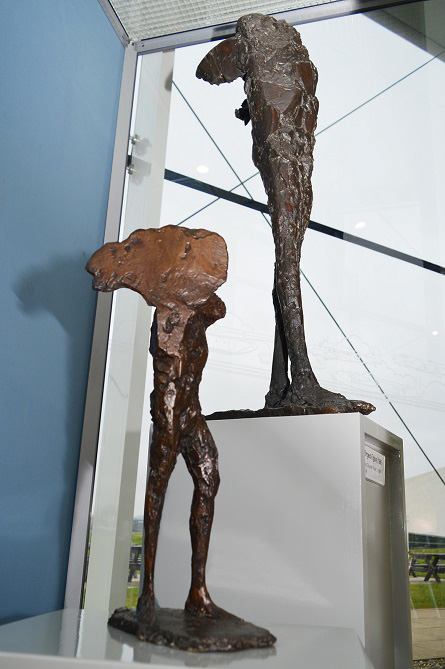
Frink was one of the most influential female sculptures of the twentieth century, creating art from the 1950s up until her death in 1993. She was most notable for her bronze sculptures which varied in scale and feeling, but always fell into five main themes: war and flight, beasts, religion, heads and man. By far her greatest obsession was with mankind and she was deeply critical of the male psyche, man’s inhumanity to man and refused to indulge in the glorification of war. She broke boundaries, exploring new territories and was always moving forward experimenting with new approaches in response to what was happening in the world around her.
On 1st March this year, a group of pupils from Regency House School in Worcester began the first stage of the sculpture project being led by the Access and Learning team at the RAF Museum Cosford. The participating pupils, studying art GCSE, visited the museum and took part in a sculpture workshop, run by Marie Cooper from Wolverhampton Art Gallery. During the workshop children studied the Elisabeth Frink sculptures on display, before using an easy to mould wax and bronze paint to experiment with their own ideas, inspired by Frink’s work.
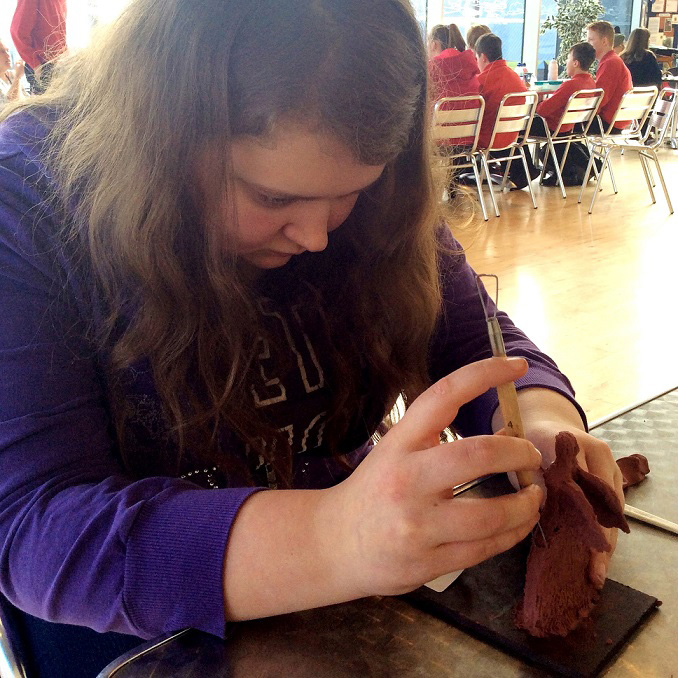
Two schools are taking part in this exciting new project and in April, students from Abraham Darby Academy in Telford will also take part in the sculpture workshop. After getting their sculptures underway at the museum, pupils from both schools will continue their work back in the classroom, using other materials including mod-roc, clay and wire frames, to build a sizeable sculpture of their own, building on the knowledge they have gained during the workshop. Whilst the hands-on work is underway in the classroom, students are encouraged to carry out further research into the topic and look into the life experiences that inspired Frink’s work. RAF Museum Cosford Education Assistant Lisa Fawcett said that “working with the Frink sculptures from the collection has been a real privilege. The students offered their personal responses to works that can be challenging to interpret and have made this project a real success.”
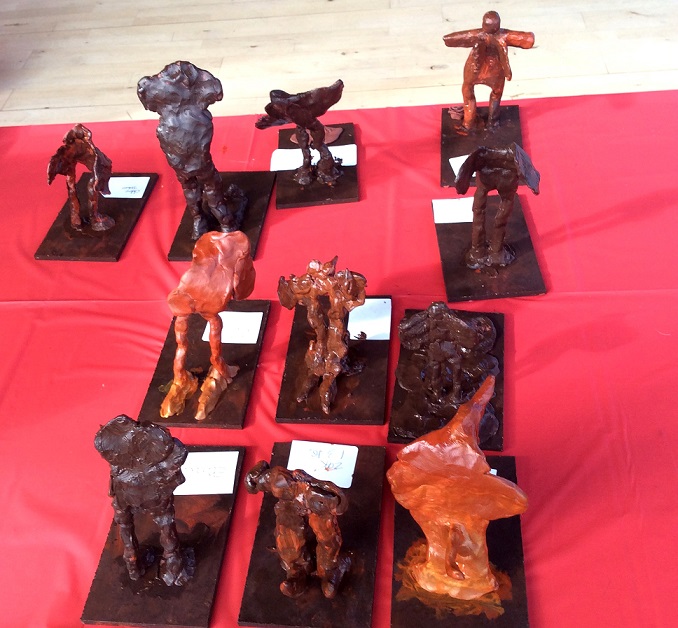
During the summer term, the students will be invited back to the RAF Museum for a special unveiling event, where their completed sculptures will go on display alongside those of Elisabeth Frink. The student’s sculptures will be displayed in the museum’s Visitor Centre throughout the summer and will be enjoyed by thousands of visitors.
The project has been made possible thanks to the support of the Wrekin Decorative and Fine Arts Society (Wrekin DFAS), a charity dedicated to promoting interest and understanding in the arts for all ages. Later this year Wrekin DFAS will sponsor a lecture on Frink by an expert on the subject, which will be open to participating students and interested members of the public. Keep an eye on the museum’s website for details.
For further information about the museum, please visit www.rafmuseum.org/cosford or call 01902 376200. The museum is open daily from 10am and entry to the museum is free of charge. Royal Air Force Museum Cosford, Shifnal, Shropshire, TF11 8UP.'
Katey Goodwin, Art UK Deputy Director and Head of Digitisation and Public Engagement
